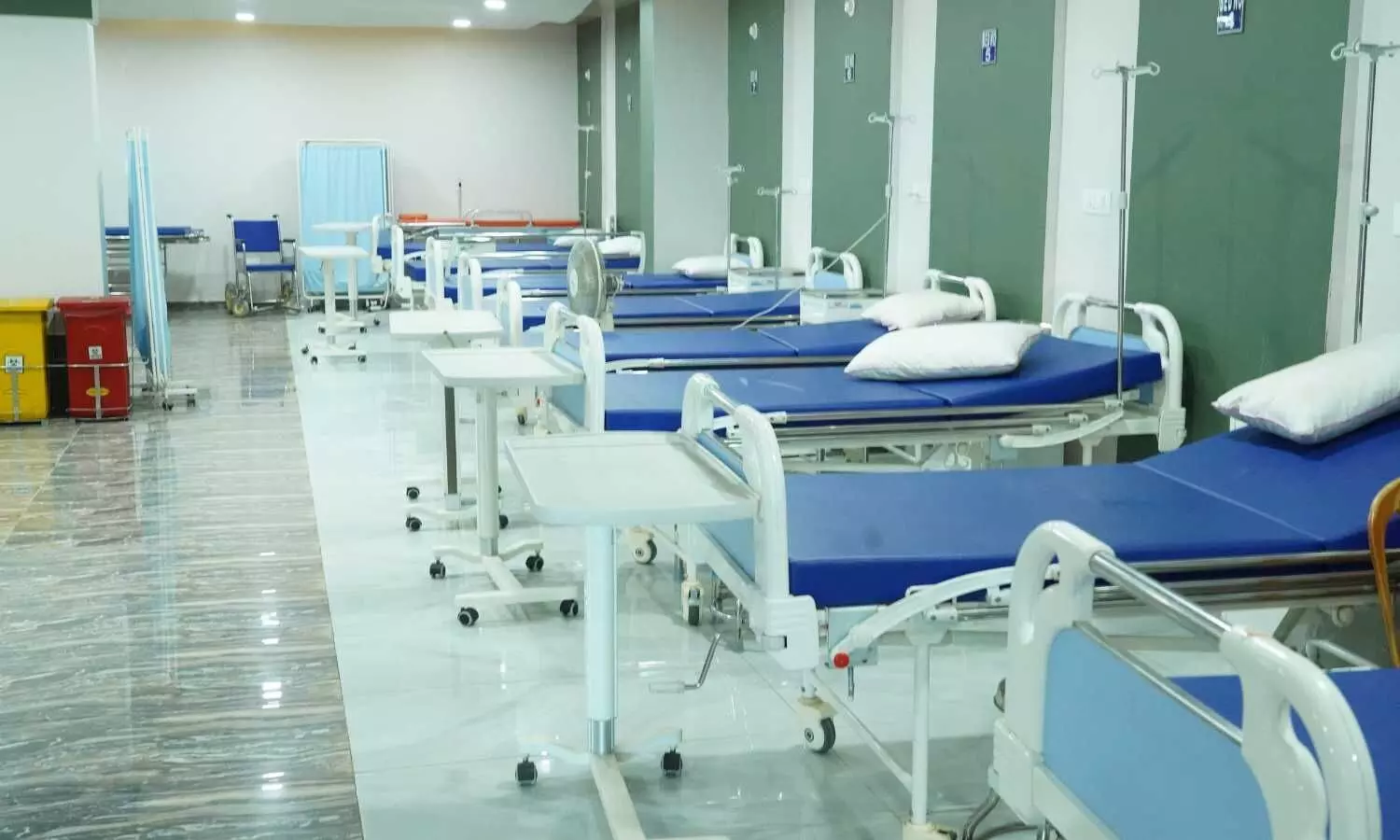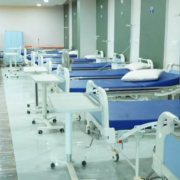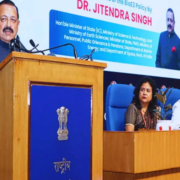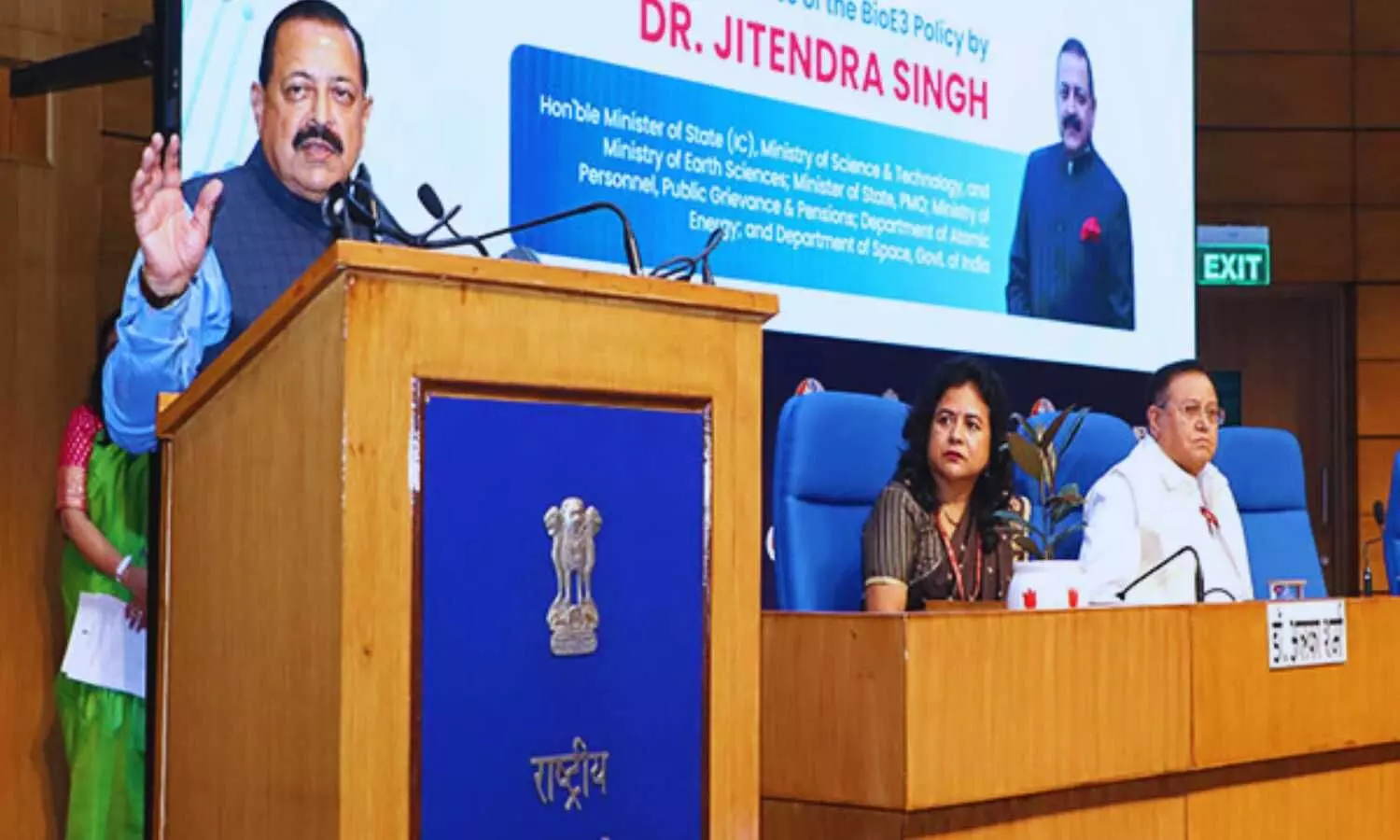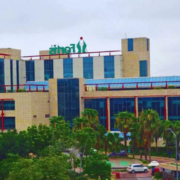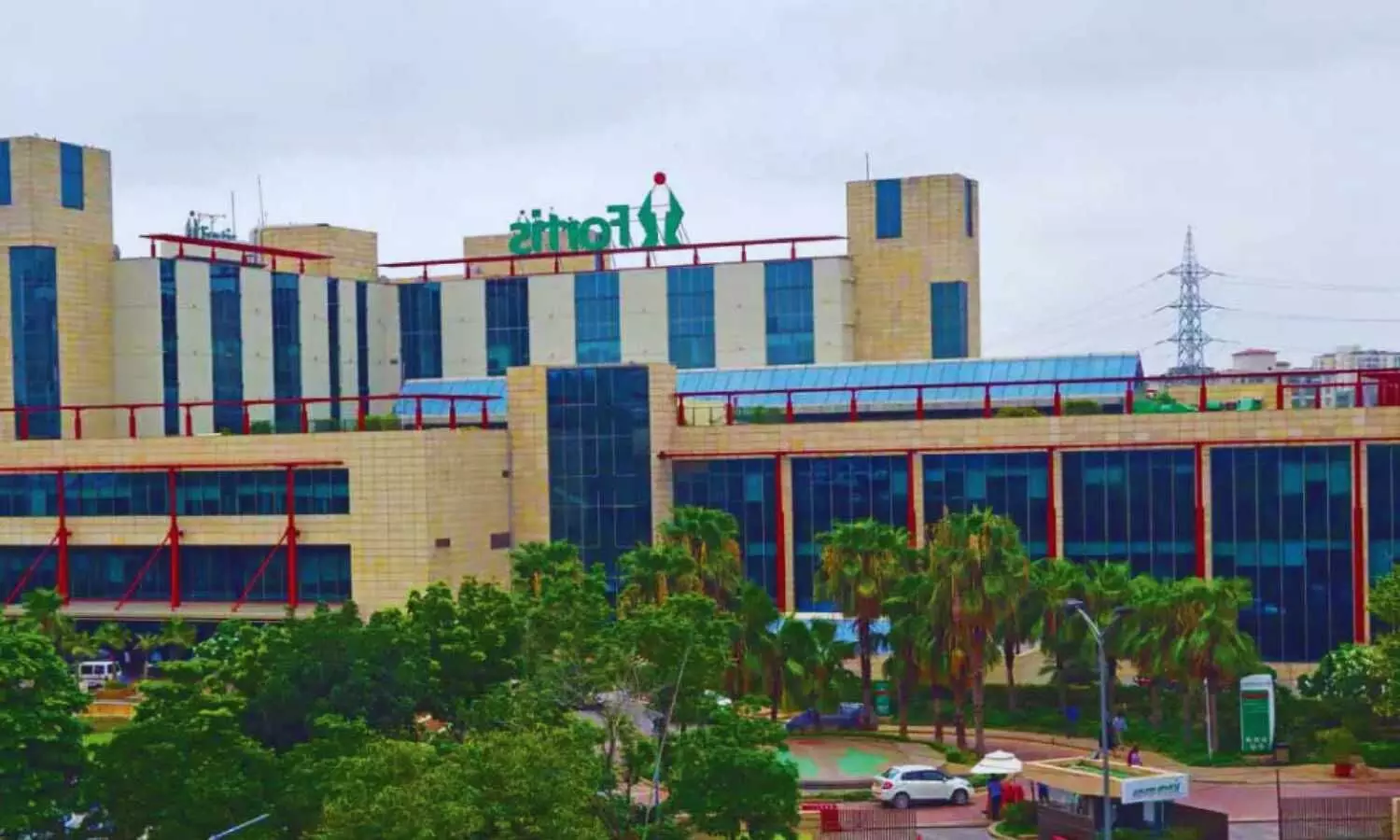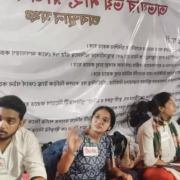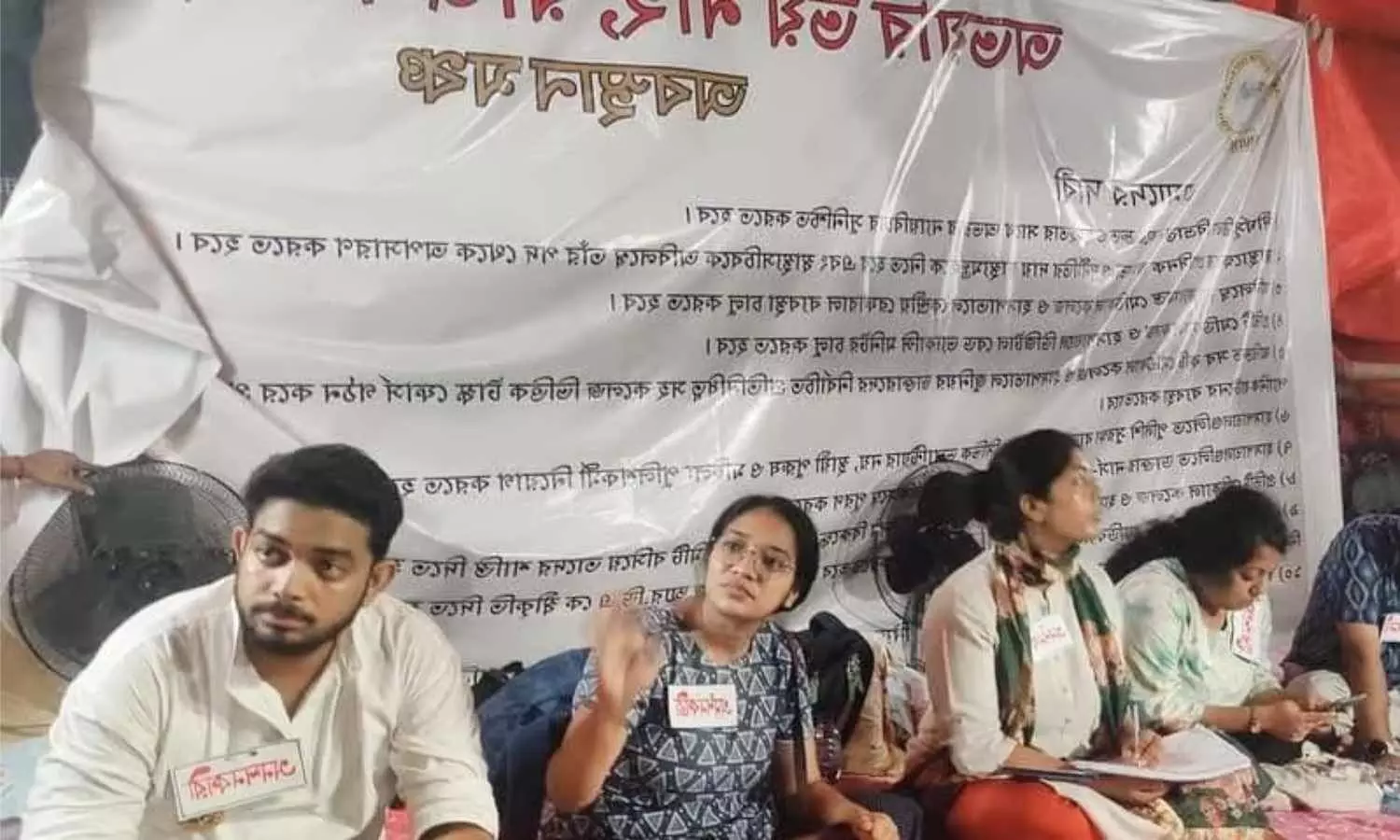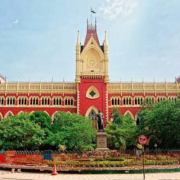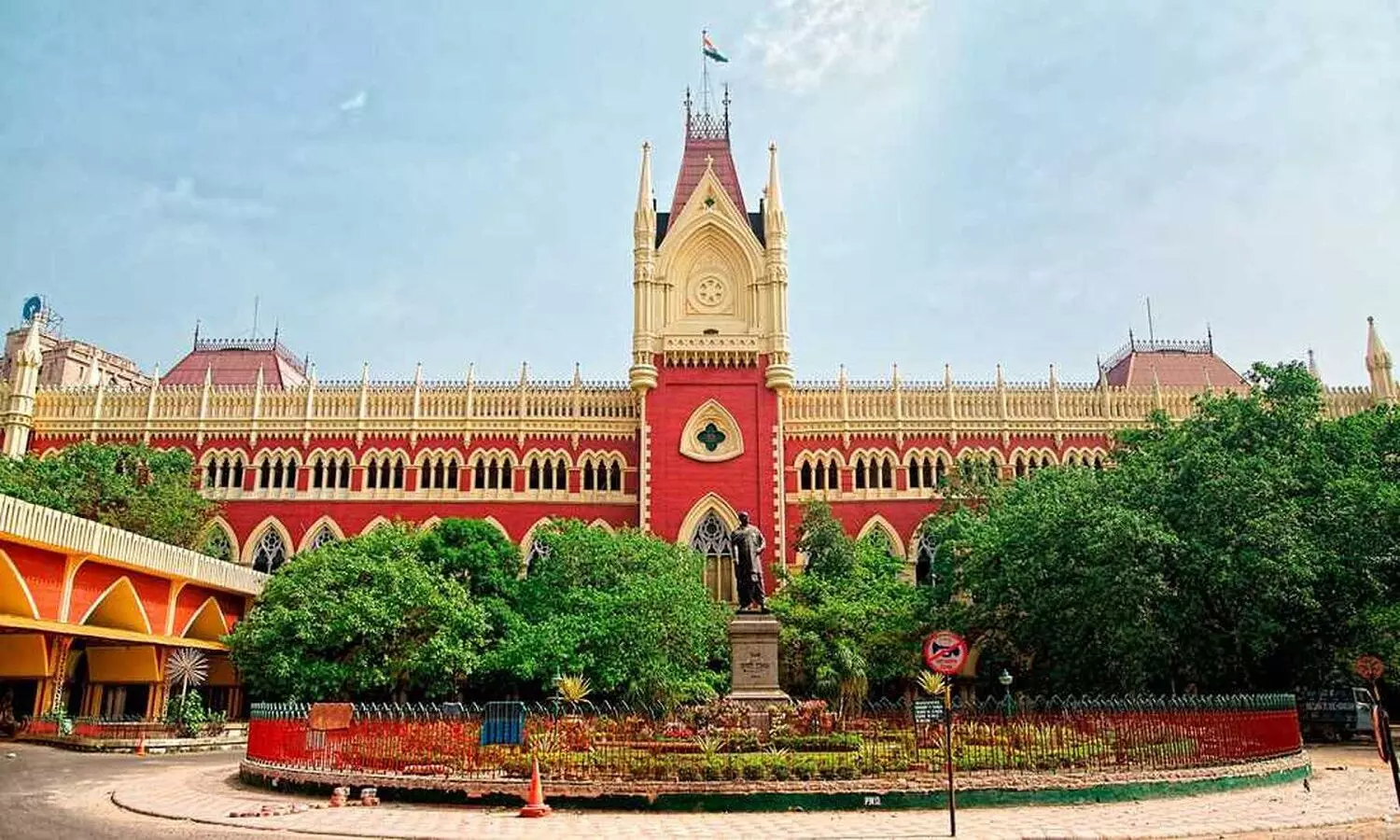Kolkata: Protests in Kolkata continue following the rape and murder of a woman doctor at R G Kar Medical College and Hospital, significantly impacting the food and beverage industry in the city. Restaurant owners report a 15-20% drop in revenue over the past month, though recent festivities have led to a cautious uptick in customer turnout.
However, as table occupancy has increased over the past week due to the festivities, restaurant and café owners remained cautiously optimistic, even as protests continued simultaneously in the city.
Sudip Mallick, owner of Bonne Femme café, told PTI, “Turnout of patrons had dwindled during evening hours on weekdays for over a month, except on weekends. But since Monday, October 2 (the day of Mahalaya), the 46-seater place has been recording 100 per cent occupancy.”
Also Read:Kolkata Doctor Rape-Murder: Delhi Doctors stage hunger strike, candle march showing solidarity
“Continuing agitation reflected the discontent and anger in people’s minds. While the buzz in the market is typically felt a month before the festival in other years, this year the situation is different,” he added.
According to the PTI report, Mallick, who also operates the specialty restaurant ‘Sabeki’ and the flagship Balaram Mallick Radharaman Mallick sweet shop, claimed that the number of tourists visiting the city during the Durga Puja season has significantly decreased compared to previous years.
Siddhartha Gupta, co-founder of Traffic Gastropub, said, “The ongoing movement has affected different parts of the city, but Traffic Gastropub has not felt the tremor in that way. However, we have noticed a dip in footfall during our Happy Hour and late-night hours.”
“As a result, our overall return on investment (ROI) has decreased by around 5-10 per cent. However, we are hopeful that the Durga Puja days will bring a positive boost to sales, which we are already witnessing,” he said.
Traffic Gastropub is located in a shopping mall in the New Town area, a satellite township near the city.
Gupta emphasised, “We are focusing on creating a special festive menu to enhance the dining experience. Given our strong presence in the mall, we anticipate a gradual recovery, with sales during the festive season likely helping to offset the recent dip caused by the ongoing movements”, news agency PTI reported.
Swastik Nag, founder of Canteen Pub and Grub, remarked, “The ongoing movements in the city have impacted the overall mood across various sections of society.”
He noted a decline in footfall from different customer groups, stating, “Whether college students, homemakers, or the usual nightlife crowd, all had been more hesitant to venture out until a few days ago, though things are looking up now.”
Nag added, “We cater to a diverse clientele, including professionals from nearby corporate offices and medical institutions. Overall, our ROI has dropped by approximately 20-30 per cent, affecting both sales and supply chain management.”
Despite the protests, weekend footfall has been witnessing an upswing, particularly during weekends, while weekday sales remain sluggish, he added.
Nag expressed cautious optimism for the Durga Puja days.
“The scale of celebrations may be more modest than Kolkata typically witnesses, but we still expect a recovery in sales during the festival period,” he said.
Azra Golam, director of Aminia Restaurants, stated, “The food and beverage industry has been significantly impacted by the ongoing protests, resulting in a 10-15 per cent decline in sales.”
She added, “We empathise with the city’s focus on justice and hope for a swift resolution, but we also wish that our outlets are filled and our tables occupied during the four days with renewed optimism.”
Co-founders of Yellow Straw, Vikram Khinwasara and Piyush Kankaria, commented, “The ongoing protests in West Bengal over the incident at RG Kar Medical College and Hospital have impacted the state’s Durga Puja economy, including the F&B industry in a significant way.”
“Consumer demand has declined, and footfalls in malls and shopping hubs have been significantly lower than usual. Traffic snarls due to protests are also adding to the woes of the food and beverage industry. Currently, sales have dipped by almost 25 per cent,” they said.
Despite the challenges, they expressed hope over the four days of festivities starting Wednesday.
“In West Bengal, we are always optimistic whenever Durga Puja is around the corner. The crowd is back at the pandals and restaurants, so we are hopeful about a positive response during the puja days,” they said.
Co-founders of Craft Coffee, Abhinav Kumar and Dipraj Das, remarked, “Due to the recent events related to the RG Kar protest, our outlets experienced a temporary decline in traffic. However, we’re encouraged to see a revival in both café visits and online deliveries in recent times.”
The city has been witnessing protests and rallies demanding justice for the woman medic, who was allegedly raped and murdered at RG Kar Hospital in August.
Also Read:RG Kar doctor murder case: Junior Doctors allege being lathi-charged by police during protest
